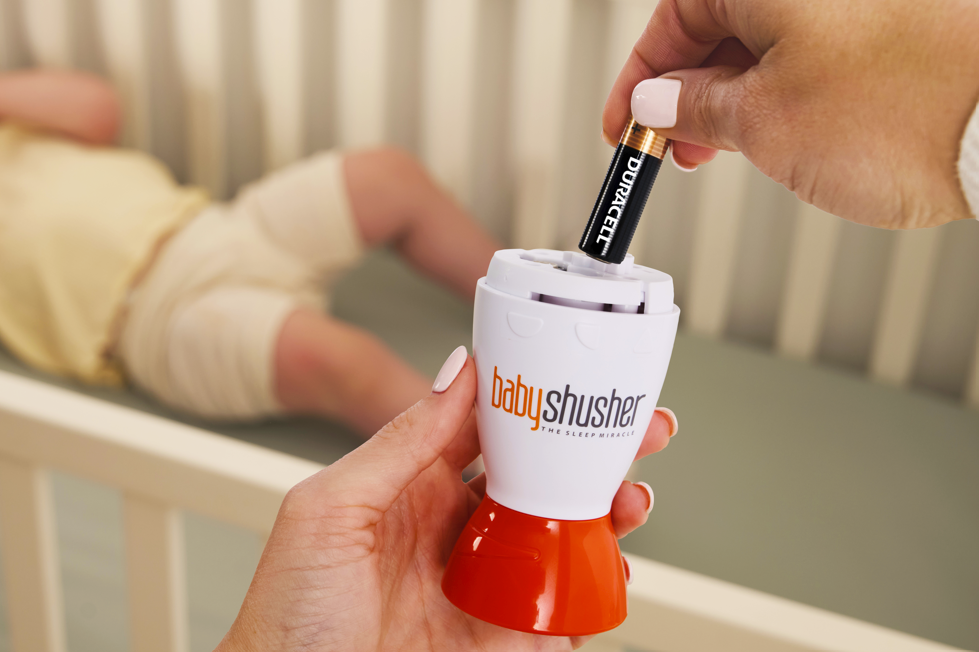Ah, sleep regressions—the two words that strike fear into the hearts of even the most seasoned parents. One day, your baby is a sweet, snoozy angel, and the next, they’re waking up every hour like they’ve got a job to do. So, what gives? Is it something you did? Is Mercury in retrograde? (Spoiler: It’s not you, and probably not Mercury either.)
Let’s break down what sleep regressions are, why they happen, and how you can get through them with your sanity—and sleep—intact.
What Is Sleep Regression, Anyway?
Sleep regression is when your baby, who has been sleeping well, suddenly starts waking up frequently, refusing naps, or taking forever to settle down at night. These phases are often tied to developmental milestones, and while they’re totally normal, they can feel like a parental endurance test.
Think of it as your baby’s brain going through a growth spurt. New skills like rolling, crawling, and babbling take a lot of brainpower, leaving less energy for the “boring” stuff like sleeping.
The Most Common Sleep Regression Phases (and Why They Happen)
4-Month Sleep Regression
Around four months, your baby’s sleep cycles start to mature, resembling adult sleep patterns. Unfortunately, this means they wake up more often between cycles—and they’re not thrilled about it.
8-10 Month Sleep Regression
Around this age, your little one might be learning to crawl, pull up, or even say their first word. While it’s exciting for them, it often comes with major sleep disruptions. They’re just so busy practicing these skills—even in their sleep!
12-Month Sleep Regression
Congratulations! You’ve survived a year of parenting! But just as you’re starting to feel like a pro, your baby might hit another sleep regression. Separation anxiety and teething are common culprits at this stage.
18-Month Sleep Regression
This one’s a doozy, thanks to molars, language development, and increased independence (read: tantrums). At this age, your toddler might flat-out refuse naps or bedtime.
Pro Tips for Surviving Sleep Regressions
1. Stick to Your Routine: Babies thrive on consistency. Whether it's bath time, story time, or turning on the Baby Shusher, creating a predictable ritual can ease the transition back to better sleep.
2. Don't Drop the Nap: Even if your baby resists, keep offering naps. Overtired babies have a harder time falling asleep -- and staying asleep.
3. Optimize the Sleep Environment: Dark, quiet, and cool rooms are ideal. Bonus points if you add a Baby Shusher to create a calming atmosphere.
4. Give Yourself Grace: Sleep regressions are tough, but they're temporary. Remember, you're doing an amazing job -- even if you're running on coffee and sheer willpower.
How Baby Shusher Can Help
At Baby Shusher, we know that parenting is no walk in the park—especially during sleep regressions. That’s why we’ve created products designed to make life a little easier. Whether it’s the original Baby Shusher, the portable Shusher Firefly, or the cuddly Shusher Sloth, our tools help soothe your baby (and you!) through the toughest phases.
Sleep regressions may feel never-ending, but with patience and consistency, you’ll get through them. Hang in there, parents. You’ve got this!

